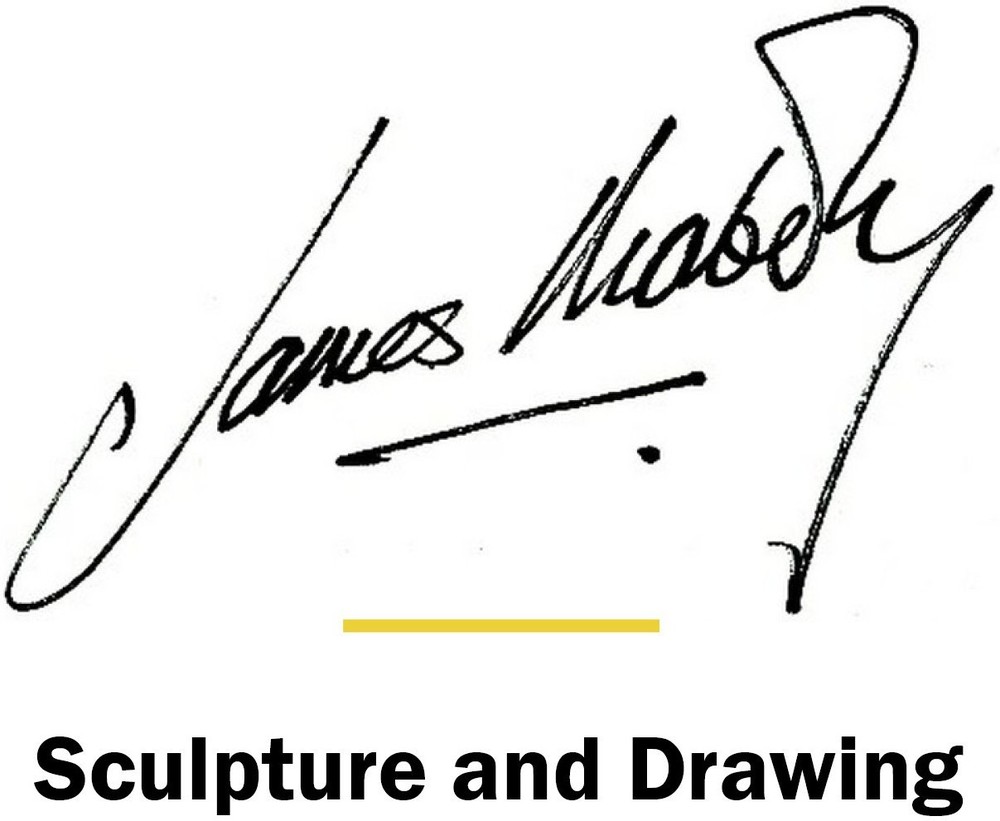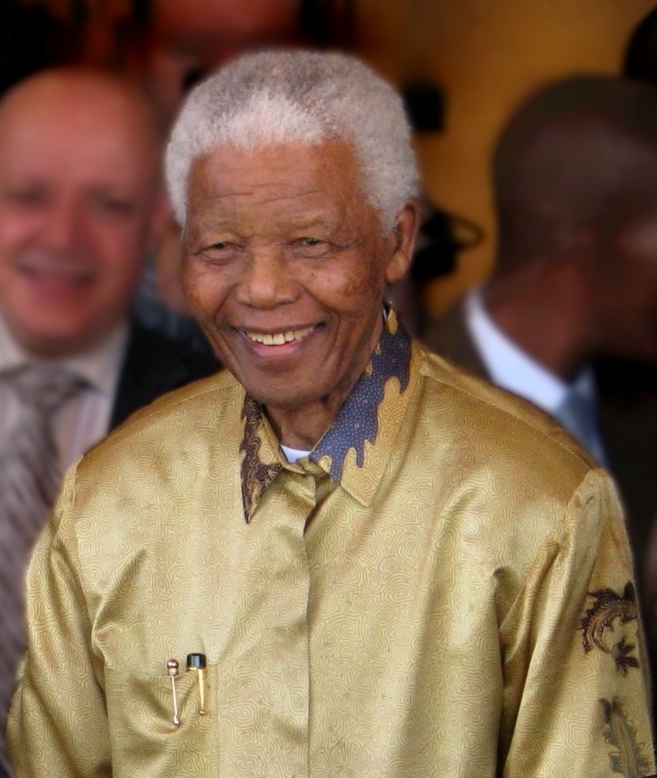Someone recently suggested that Servant Leadership is a life philosophy. I initially felt that that was correct, but on reflection I am not sure it is. I would put it beyond that. It is a state of being - it is who you/we are. It is not something created at the mental level - it is something inherent in each of us. Of course there is a huge chunk of society who chose to work at the mental level only and when blended with the ego, this becomes a potent and dangerous mix.
It seems to me that there are two big challenges: firstly, we have created a world in which the mind is King. The assumption is that everything is learnt, good or bad and that ultimately everything is governed by the mind. Secondly, how well or how badly we do at anything depends largely on the techniques we use to achieve them, whether on the sports field, in politics or in the office.
Recently, watching a tennis match in which my daughter was playing (aged 14), I was horrified to hear the opposite coach actively encouraging his young players to cheat. Thus the importance of winning has become more important than being a good and honest sports player and of course gives a very unfortunate message to the children. In a recent discussion amongst parents of children playing cricket, the discussion shifted to whether the players should ‘bad mouthe’ the opposite batsman whilst they were batting to lower their esteem and thus perhaps affect the standard of their games. ‘Why not?’ they asked. ‘They do it to our players.’
For me, this is all mental and as we all know, there are none so ruthless and selfish as parents of sporty children. My response to them was: ‘Are you so afraid that we will lose that you feel a need to pull the opposition down? Surely it would be so much better to congratulate them on their good play and encourage our own children to do the same? Indeed we should encourage our children to realise that if they wish to win, then they must ‘up’ their own game, learning from the opposition rather than pulling them down.
Nelson Mandela always treated everyone with the utmost respect. For example on
Robben Island, when his lawyer George Bizos visited him, he always referred to his guards who led him through to the meeting as his ‘guard of honour’ and would take the time to introduce each one to Mr Bizos, treating them always with respect and as equals. Indeed, all of his old prison guards attended his inauguration as President – and they were all formerly players on the opposite team. But how does one engage those who see only from a limited mental perspective? I suggest it should be delivered in a way that engages them mentally, but it is also important to help them to enter the intuitive world of feelings. We need to help them to FEEL servant leadership. To reach in beyond the ‘philosophy’ and touch it, smell it, taste it and hear it. That has to be the starting point of true recognition and engagement.
Related articles
- Servant-Leadership (khalidsnowden.wordpress.com)
- Servant Leadership (standoutleader.wordpress.com)
- The Serving Leader (jondelange.wordpress.com)
- What does being a 'servant leader' mean? (brettpatience.wordpress.com)
- Why Isn't 'Servant Leadership' More Prevalent? (competencydevelopment.wordpress.com)
- Why servant leadership is more important now than ever (navigatechange.net)


